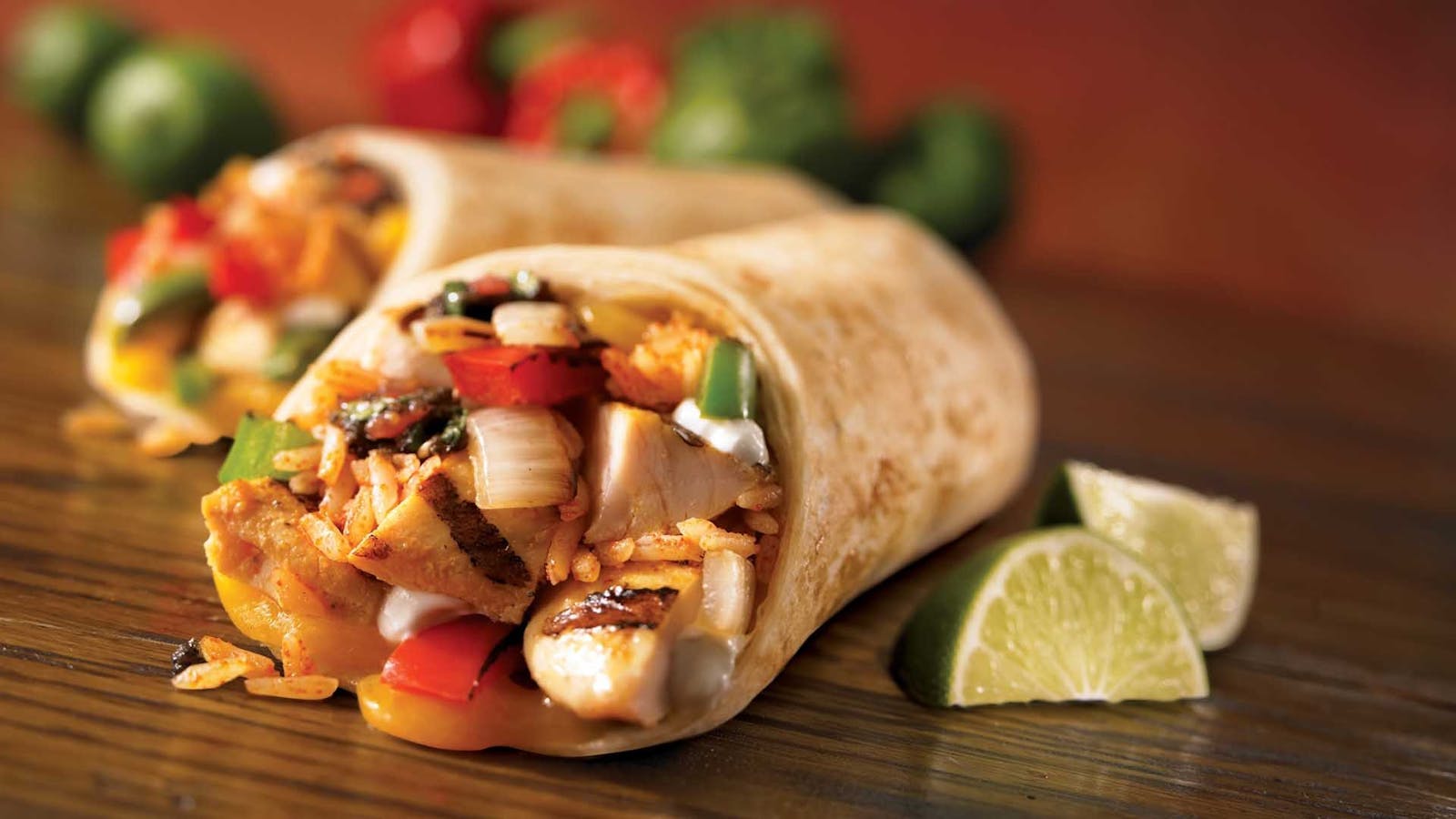
The Paleo diet is a widely-followed eating plan that focuses on paleo diet carbs consuming unprocessed foods that our Paleolithic ancestors survived on thousands of years ago. By cutting out processed foods, the Paleo diet promises a return to improve well-being and reduce chronic disease.
Understanding the Paleo Diet
The Paleolithic diet is based on the concept that our bodies are optimized for processing the types of nourishment our prehistoric humans ate during the Paleolithic era, which occurred from roughly 2.5 million to 10,000 years ago. This eating plan includes:
- Lean meats (preferably grass-fed or wild-caught)
- Natural fruits and veggies
- Plant-based proteins
- Good fats, such as coconut oil
In contrast, the diet avoids modern processed foods that have entered in the last few generations, including:
- Grain-based foods
- Milk and cheese
- Artificial sweeteners
- Legumes
Benefits of the Paleo Diet
The Paleo diet delivers a variety of health benefits that can improve health. Here are some of the top benefits:
- Sustainable fat loss: Because of its focus on whole foods and cutting out junk foods, the Paleo diet can help lose weight and stay in shape.
- Improved digestion: Given that the Paleo diet eliminates grains, dairy, and legumes, many people find fewer digestive issues, especially for those with sensitivities with these ingredients.
- Boosted energy: Those on the Paleo diet experience improved energy, as natural, unprocessed meals provide more consistent energy than sugar-laden foods.
- Lowered chronic inflammation: Due to its focus on natural fats, the Paleo diet supports the reduction of long-term inflammation, a key driver of many long-term health issues.
Simple Steps to Start Paleo Eating
Want to try the Paleo diet, here are a few steps to get started:
- Prioritize whole, natural ingredients: Focus on fresh vegetables, lean meats, and healthy fats.
- Ditch refined foods: Examine your cupboards and remove anything highly processed like cookies, cereals, and sugary drinks.
- Plan your meals: Make it easy to stick to the Paleo diet by making meals in advance that emphasize unprocessed ingredients.
- Keep hydrated: Water is important in supporting good health. Make sure you’re getting plenty of water throughout the day.
- Listen to your body: A great aspect of the Paleo diet is that you can eat when you're truly hungry—no need for constant food tracking.
Final Thoughts
The Paleo diet provides an effective way to improve health by focusing on foods that our ancestors thrived on. With the elimination of processed ingredients, it can support improved well-being, making it an smart option to support overall vitality.
© Copyright 2022